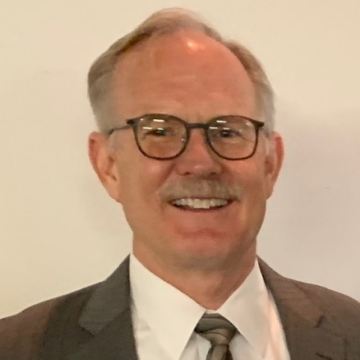Photomedicine Collaboration
Photomedicine to Enhance Military Readiness
About the Photomedicine to Enhance Military Readiness Program
The Photomedicine to Enhance Military Readiness Program leverages photobiomodulation therapy (PBMT) to advance military readiness by stimulating healing and expediting recovery across various conditions. Launched in 2018 with support from the DHA, this research initiative operates out of the Uniformed Services University’s Department of Physical Medicine and Rehabilitation and is managed by The Geneva Foundation.
Research and Development
Currently, the program encompasses 18 diverse projects, including preclinical studies, randomized control trials, and clinical studies across prestigious institutions. These projects explore PBMT’s potential in areas such as cellular and tissue repair, antimicrobial therapies, and nerve regeneration. Collaborators include the Wellman Center for Photomedicine, Spaulding Rehabilitation Hospital, Air Force Research Laboratory, and several military bases and medical centers.
Project Highlights
Photonic Antimicrobial Wound Surface Dressing (PAWSD) – this study develops flexible, light-emitting dressings to prevent infections in wounds, amputation stumps, and osseointegrated implants, enhancing antimicrobial treatments in far-forward conditions.
Investigation to Evaluate Effectiveness of Shockwave Therapy, Photobiomodulation and Physical Therapy in the Management of Non-insertional AT – this study assesses the comparative effectiveness of shockwave therapy, PBMT, and physical therapy for Achilles tendinopathy in active-duty service members.
Evaluating the Technology and Assessing the Biological Effects of Commercially Available Photobiomodulation Devices – this study will assess the application and biological effects of commercially available PBMT devices in military populations.
For more details on specific studies, visit Photomedicine Research at MIRROR.
Achievements and Impact
PBMT has demonstrated effectiveness in pre-clinical studies by enhancing physical performance, treating tendon ruptures, and reducing inflammation in knee osteoarthritis and nerve repair surgeries. It has also shown potential in safeguarding against hearing loss and facilitating cartilage regeneration.
Clinically, PBMT is evaluated for treating plantar fasciitis and bone stress injuries and compared with novel treatments like platelet-rich plasma for knee osteoarthritis.
Key technological developments include:
• A prototype antimicrobial blue light bandage that is low-power, rechargeable, and portable for microbial suppression.
• A novel optical imaging modality to measure the mechanical properties of tissues and biomaterials noninvasively.
• Validation of the power output and irradiance of four PBM devices, ensuring their effectiveness and safety.
These efforts have led to five peer-reviewed articles, a letter to the editor, over 40 conference presentations, and coverage on the cover of a peer-reviewed journal. Additionally, 10+ conference abstracts and a systematic review are under peer review, marking significant contributions to scientific and military communities.




